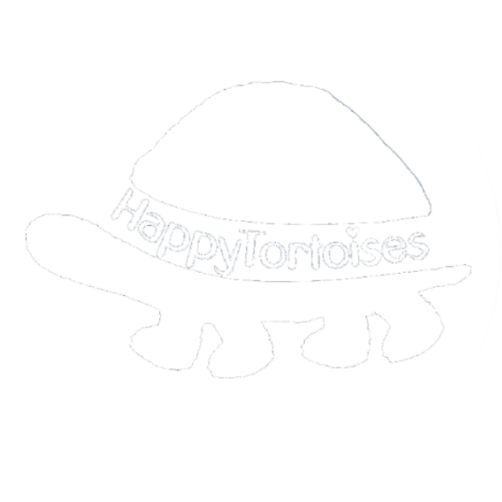Tortoise Health Checks
How do I check the health of my tortoise?
I have a basic health check video that goes into detail on the checks that you can do to make sure your tortoise is in perfect health.
I also sell a really useful tortoise health checklist as part of my Tortoise Care Pack (you can purchase the full care pack or individual pages to suit)
The above video also covers:
Basic checks for eating, drinking, eyes, nares/nostrils, beak/mouth, tongue, ears, breathing, limbs, nails, swellings, shell, poo, wee, weight and other behaviours.
The video also covers more commonly asked questions like: “My tortoise sleeps a lot, is this normal?” or “My tortoise’s poo is runny, should I be concerned?” and many more!
Below is a snippet of answers to some of the questions new owners are concerned about in the first couple of days:
“My tortoise has done a white poo is this normal?”
These are urates and are completely normal. You should check the consistency of the urates as this will give an indication if your tortoise is nicely hydrated (toothpaste consistency) or dehydrated (chalky or gritty consistency). The video above shows what to look out for.
“How much food should I give the tortoise and how often?”
You tortoise will eat an amount that’s roughly the size of the shell of your tortoise, each day. Place the bowl of fresh food in the morning and throw away any uneaten food each evening. There is no need to ‘top-up’ the food bowl if they’ve eaten everything - some tortoises will eat their food in one go, others will pick at it throughout the day. Keep a record of their weight gain (see this video on how and when to do this as well as growth rate information)
“My tortoise hasn’t eaten anything since I got him/her?”
Changing home is a stressful time for a tortoise (even moving bowls, plants or hiding places around in their enclosure can be stressful for them!). It will take your tortoise a few days to adjust to it’s new home and is normal if they don’t eat for a couple of days until settled. Some tortoises are secret eaters and will only eat when they think you’re not watching, you can test this out by leaving 1 or 2 small leaves (eg dandelion) and see if they’ve disappeared when you next come to check on your tortoise! Tip: Offer lots of hiding places so your tortoise feels secure. You can also place the food bowl close to a hiding place to see if this encourages the shyest of tortoises to venture out!
